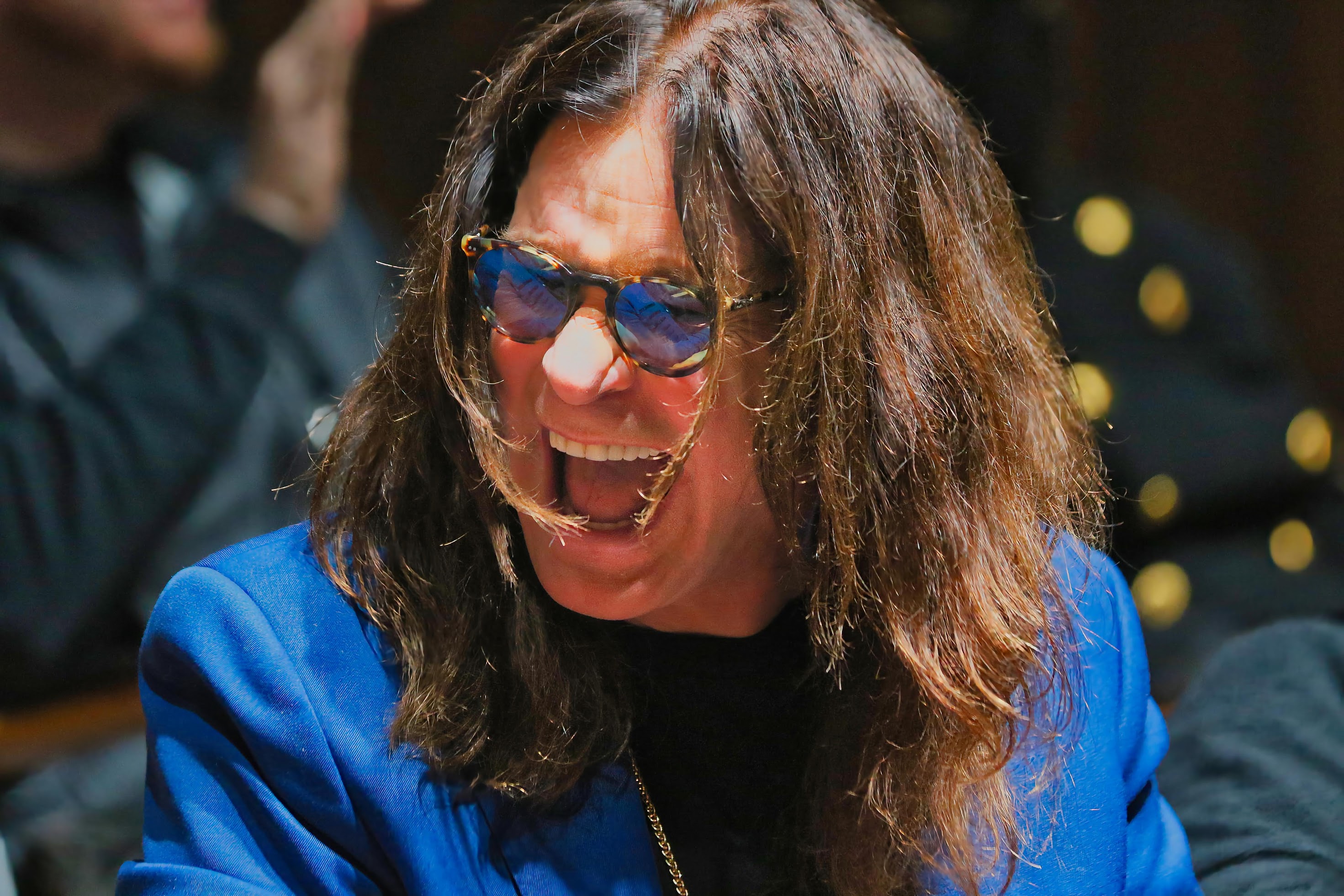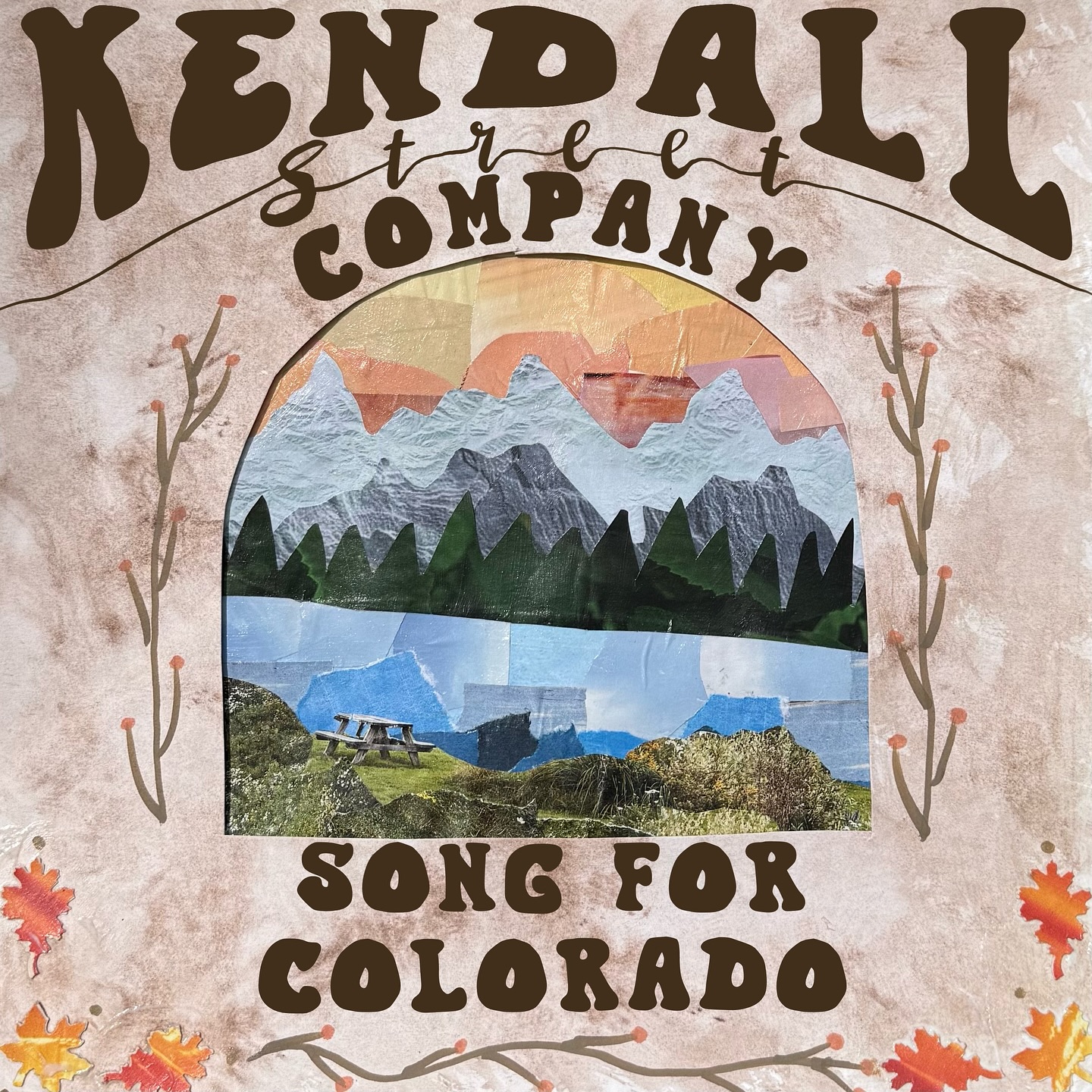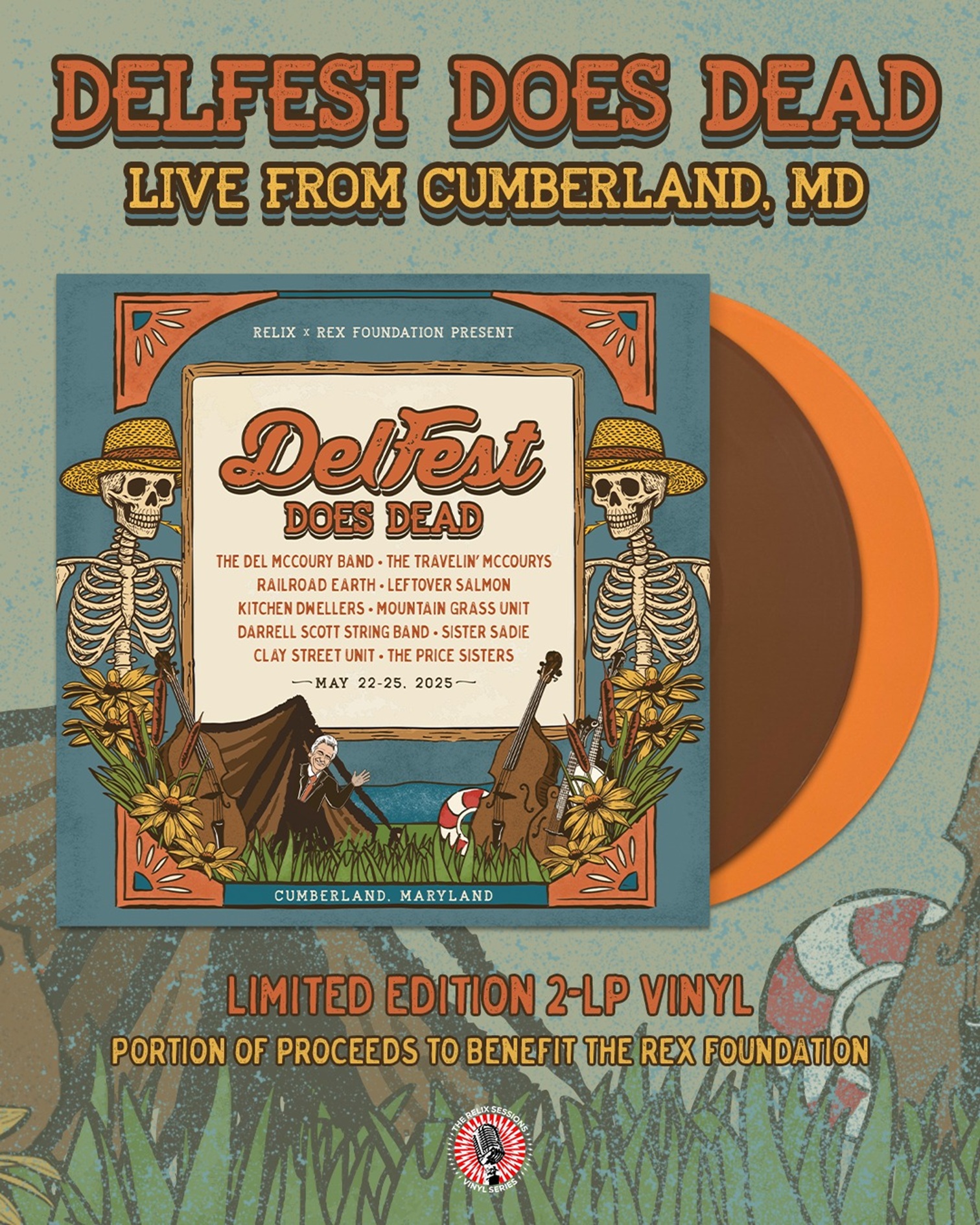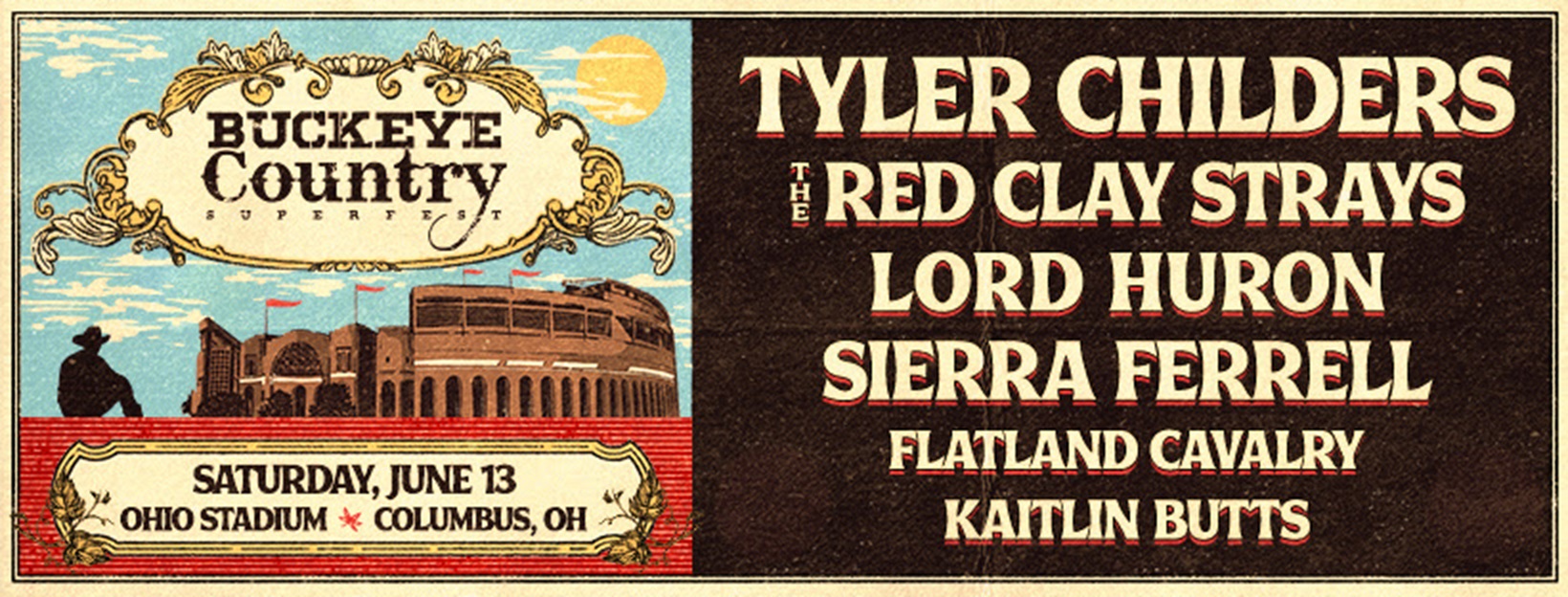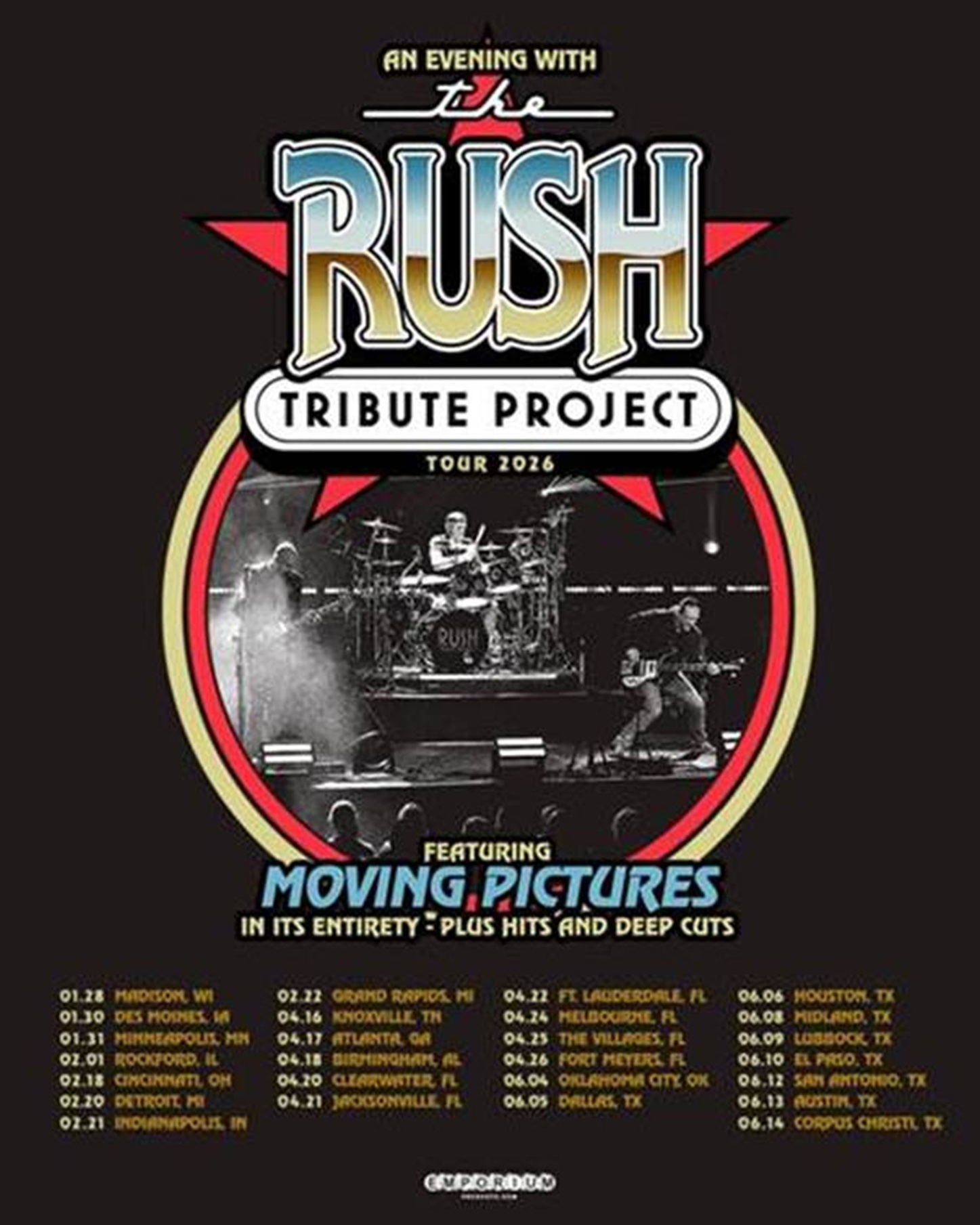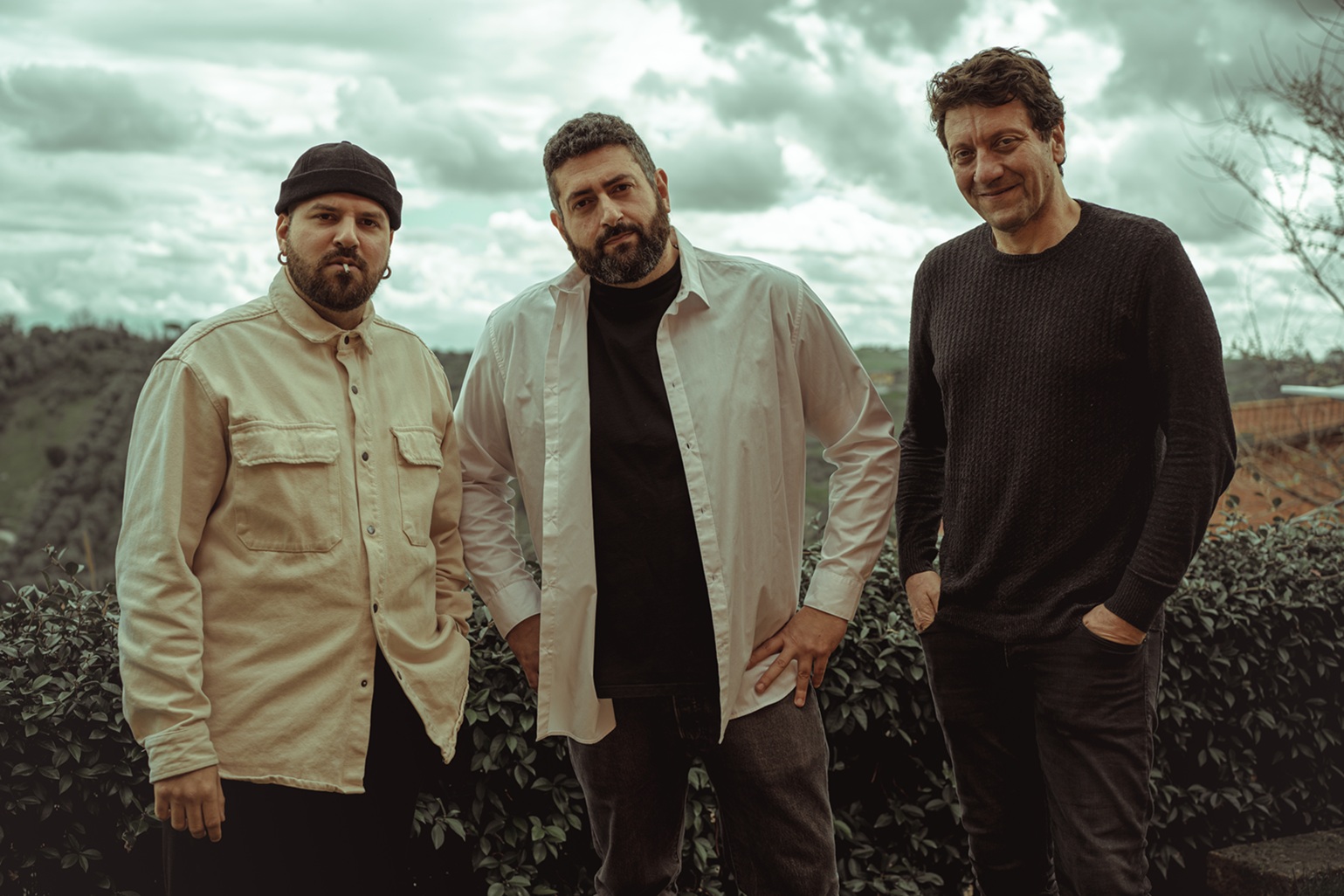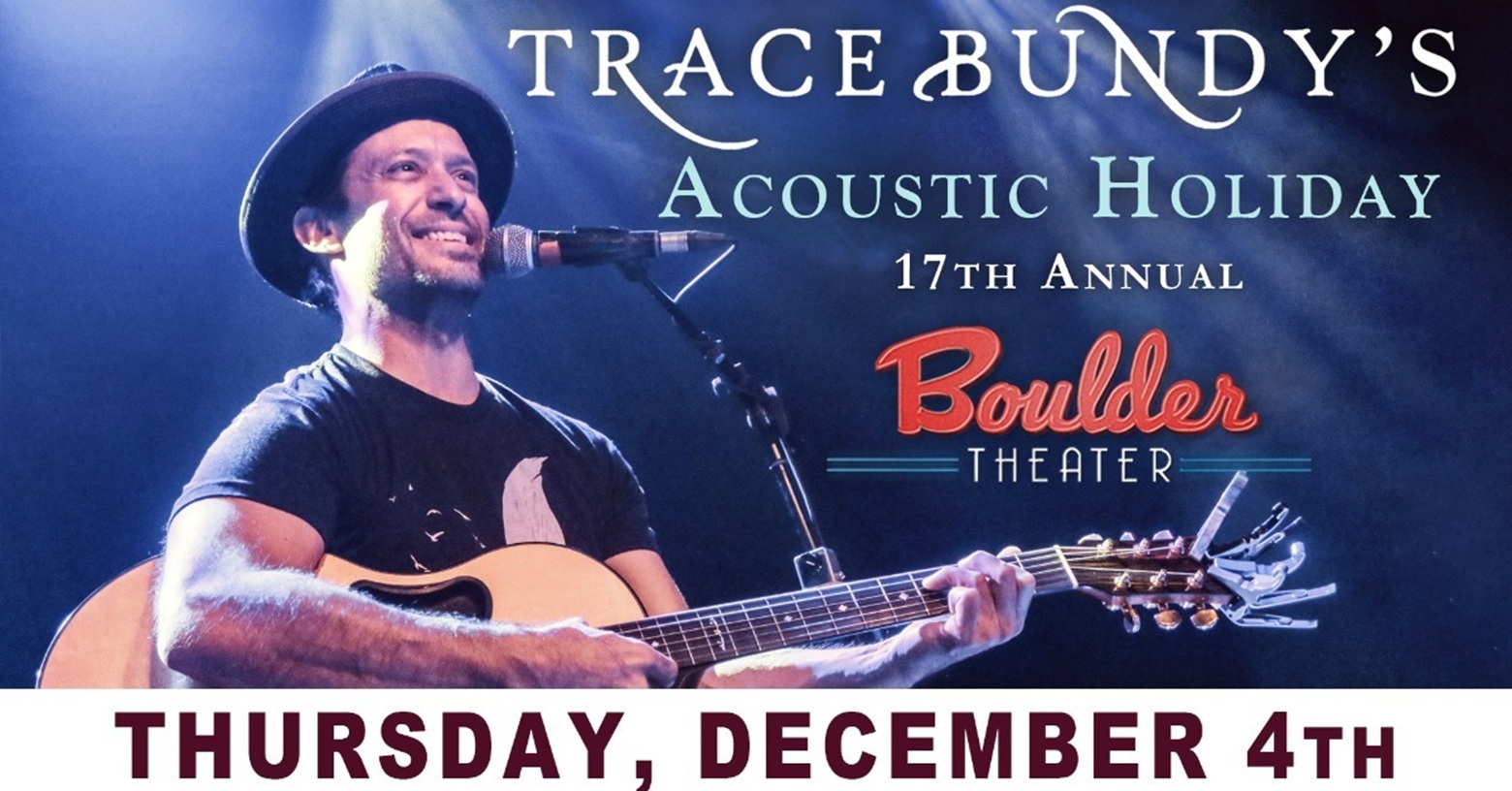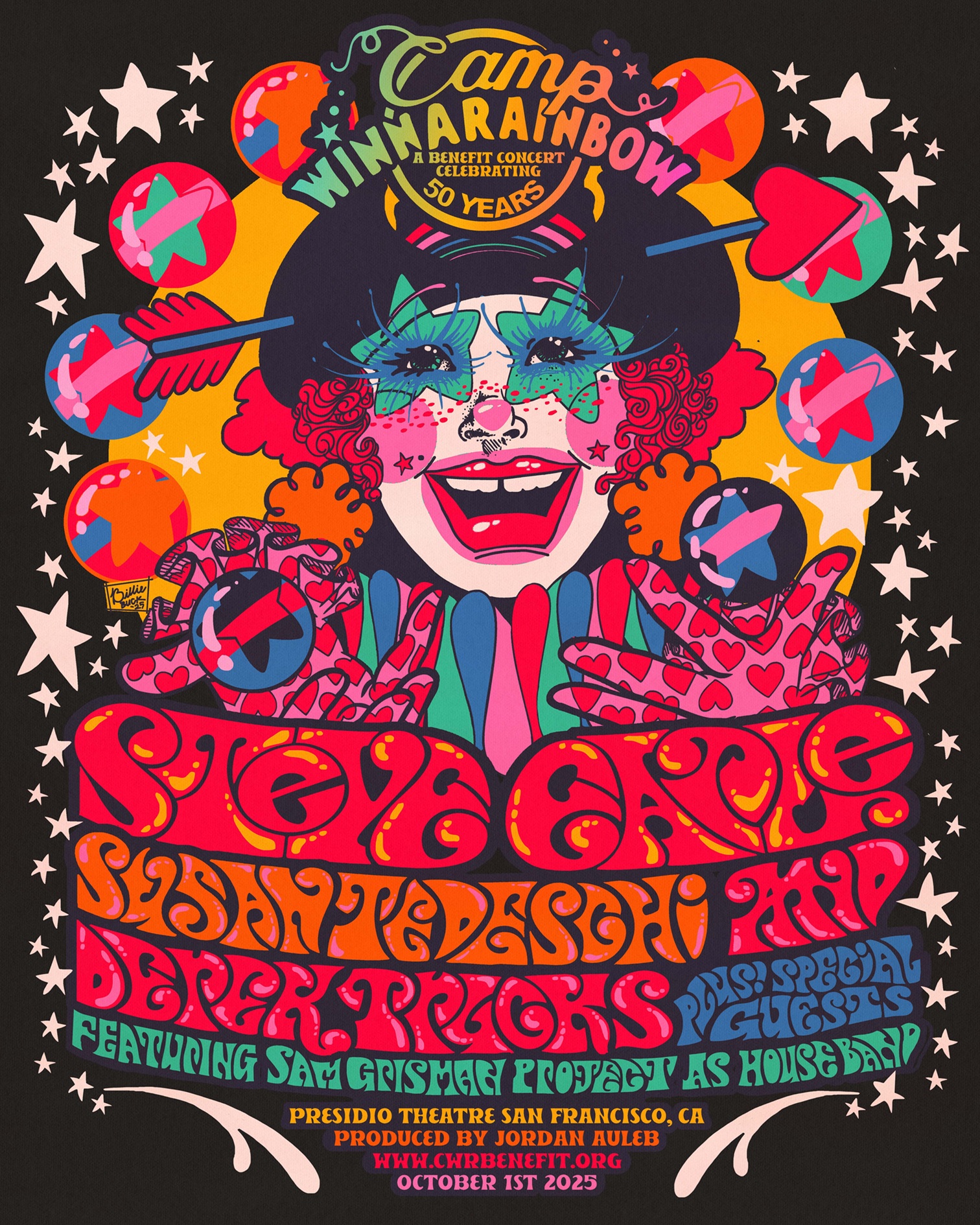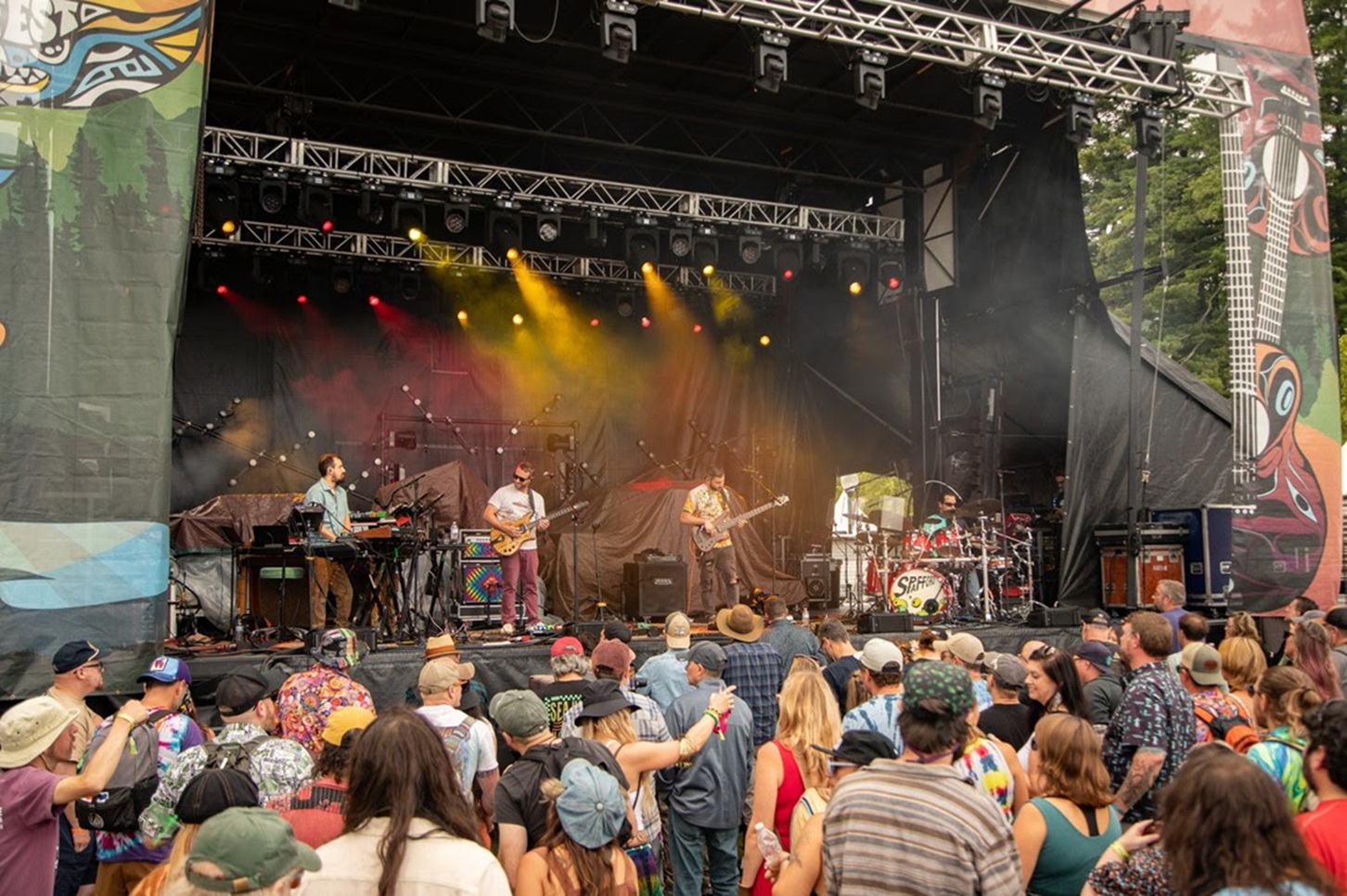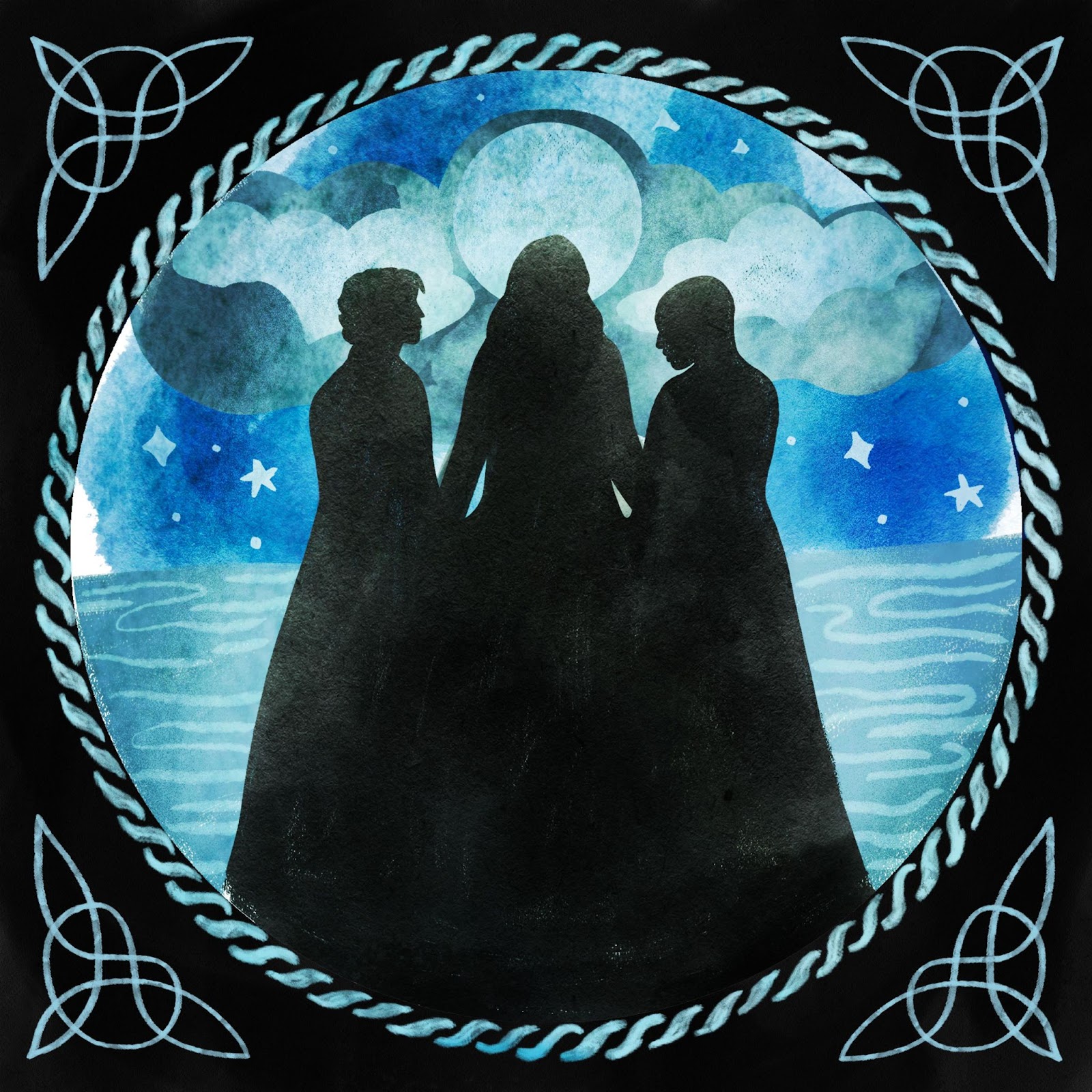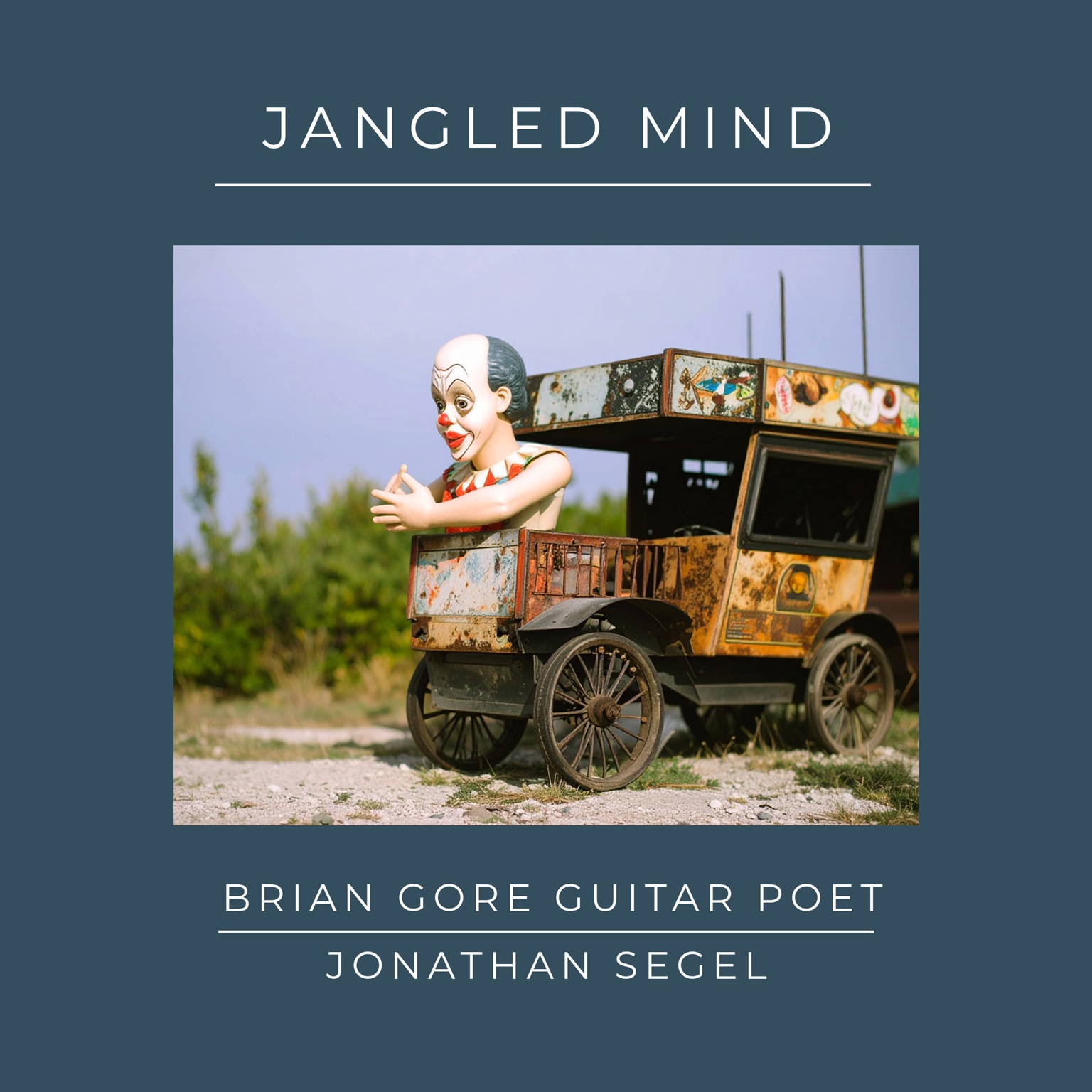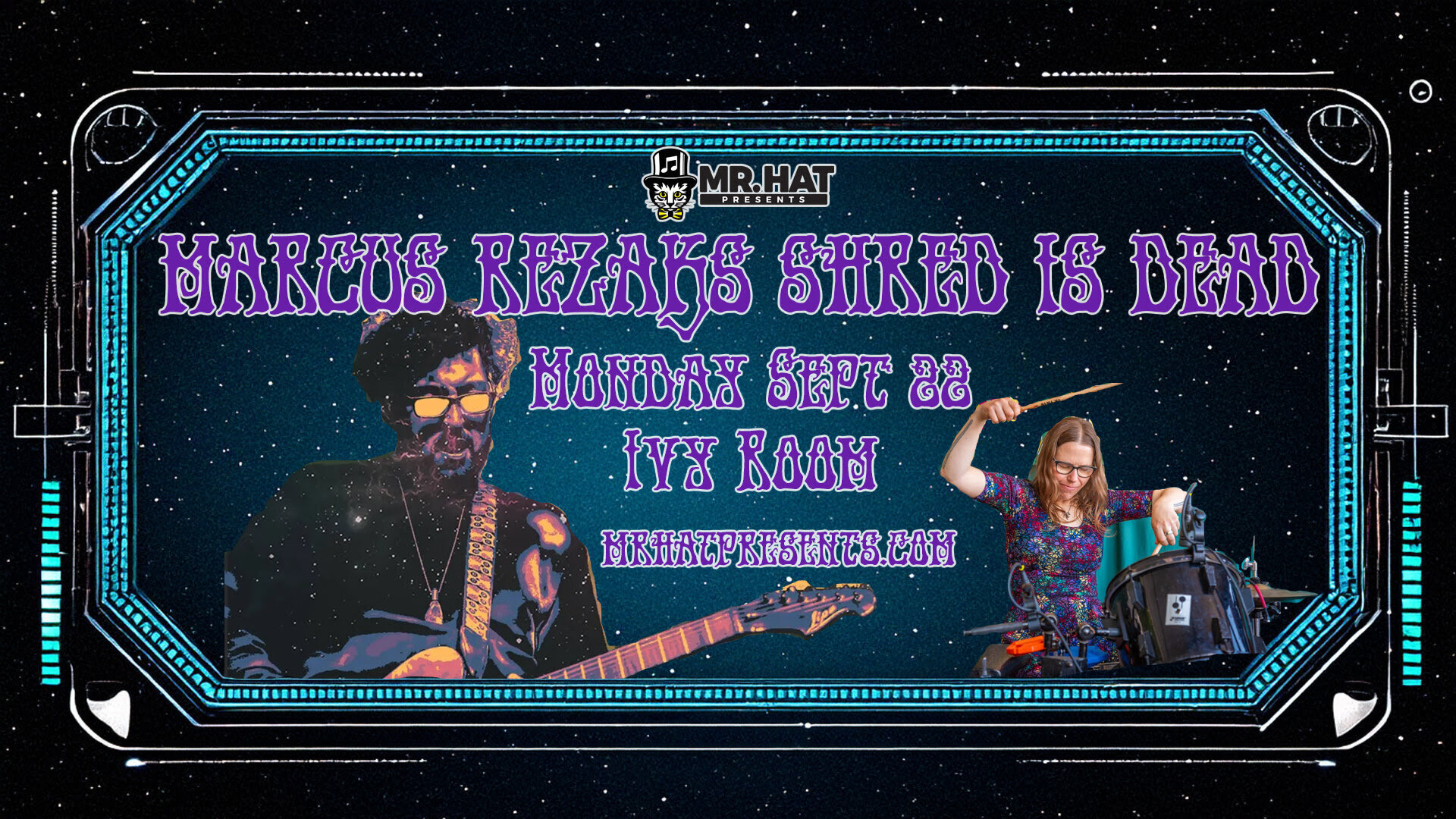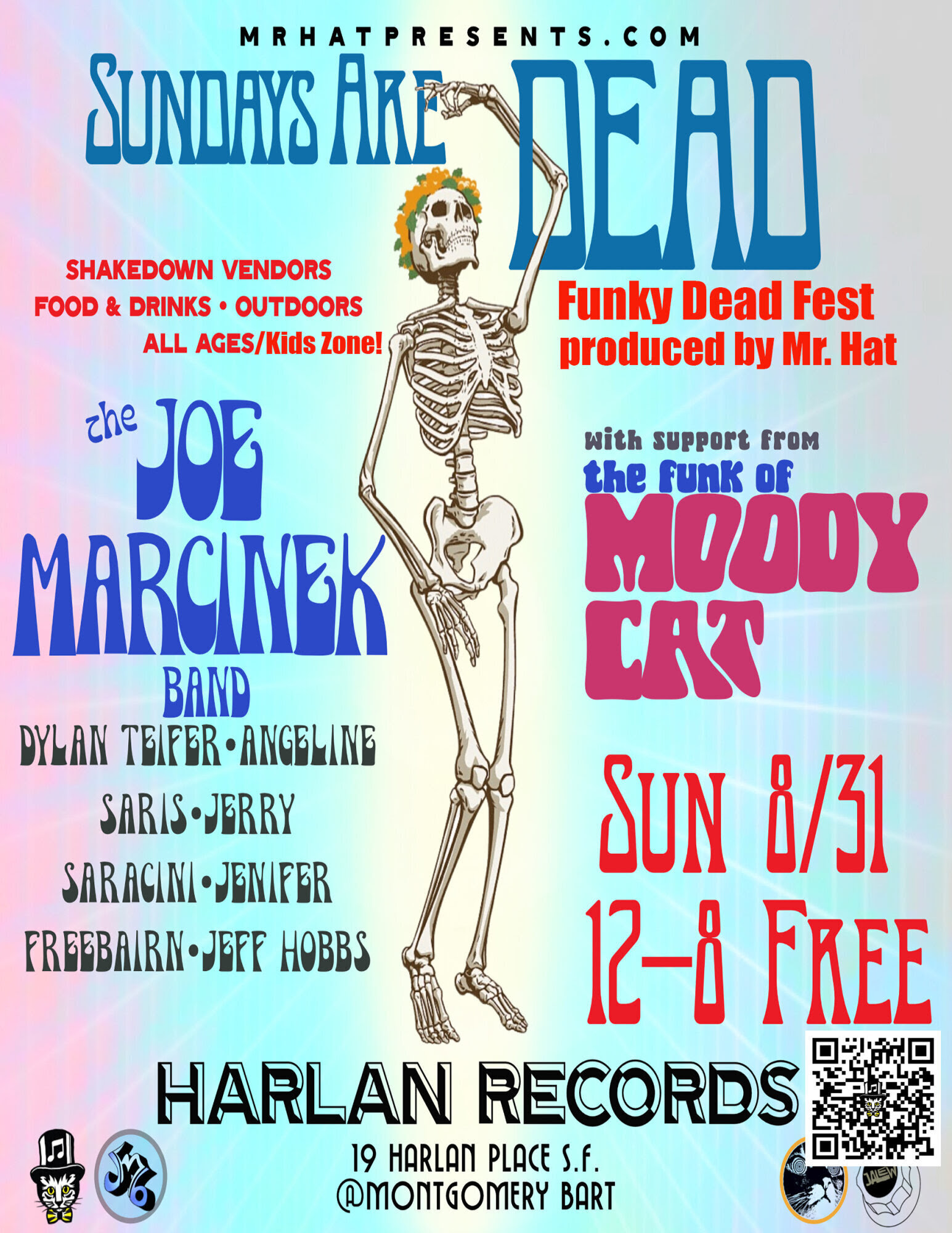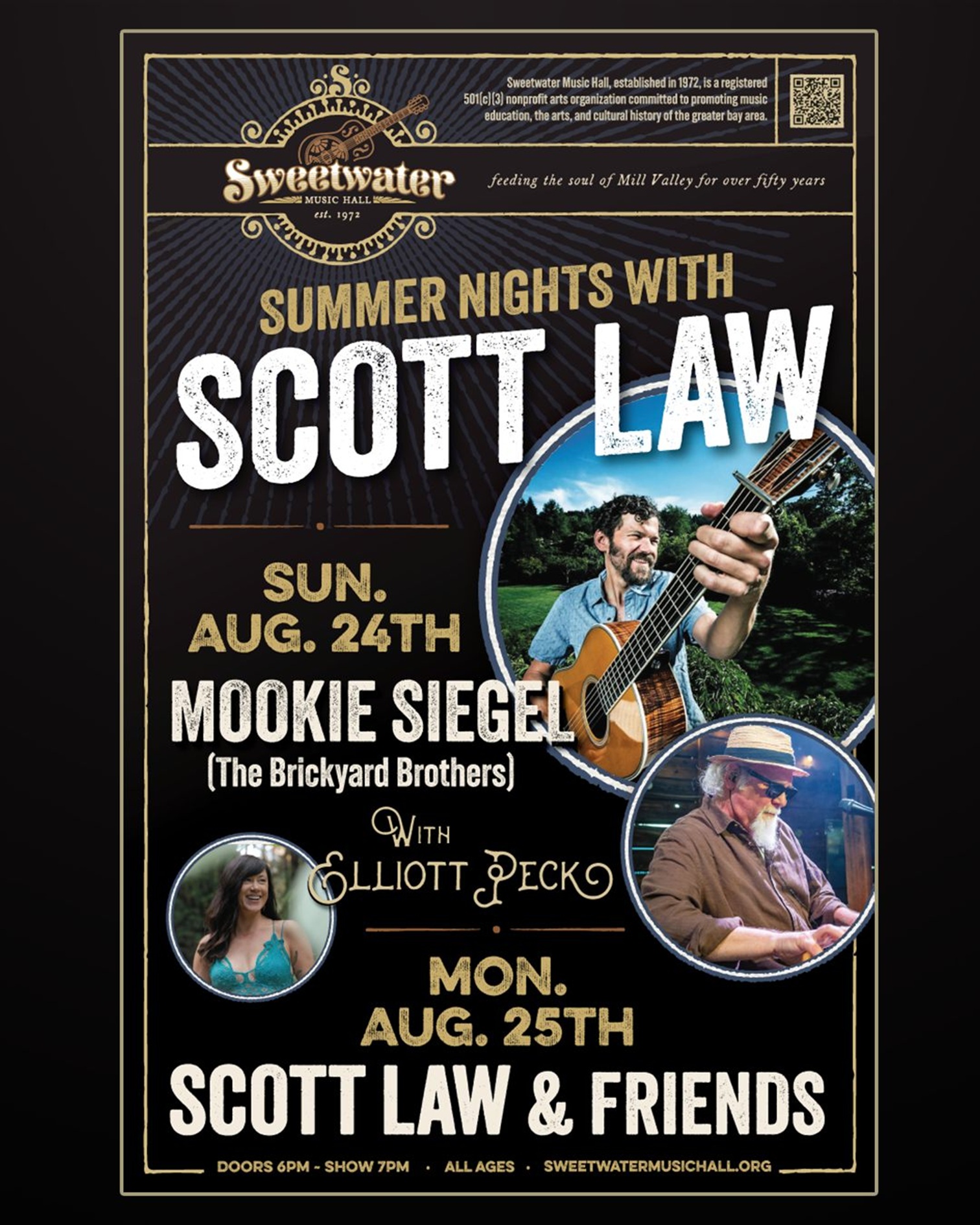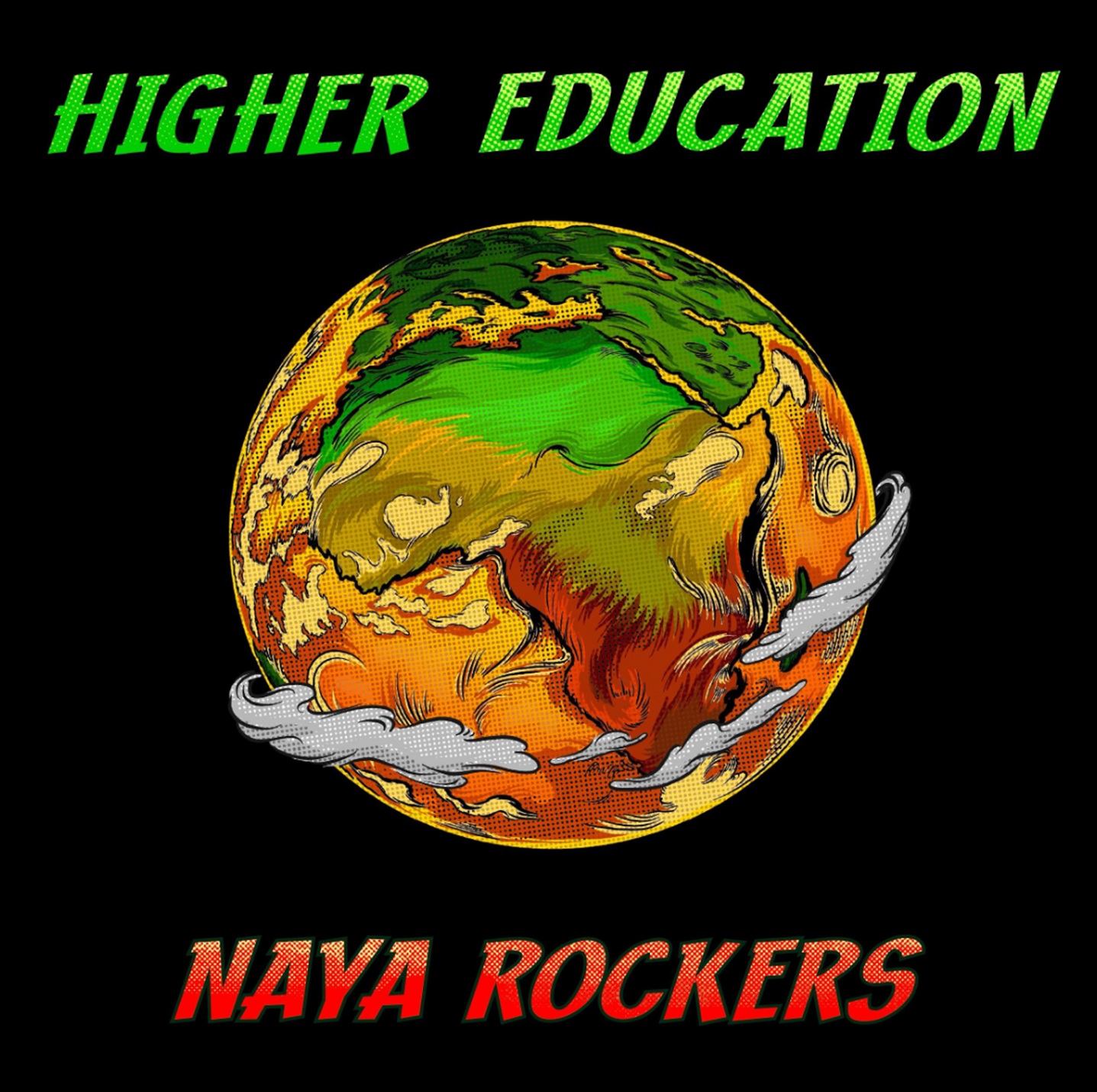Ozzy Osbourne’s voice was the sound of the forbidden door creaking open—then slamming shut with a riff that rattled the windows. News that he slipped away this morning, surrounded by his family’s love, feels surreal to anyone who first learned the true weight of an electric guitar through Paranoid. I was one of those kids: growing up in Paramus, New Jersey, I played that record until the grooves shimmered silver. Midway through fourth grade my brother and I moved with our mom to nearby Saddle Brook, and Paranoid came along for the ride. My brother—two grades younger—once marched into Saddle Brook Elementary in a flea‑market Sabbath Bloody Sabbath tee. A few hours later the principal phoned home, Mom rushed in with a “more appropriate” shirt, and we both learned a beautiful lesson: Ozzy’s music terrified authority figures and thrilled anyone willing to crank the volume.
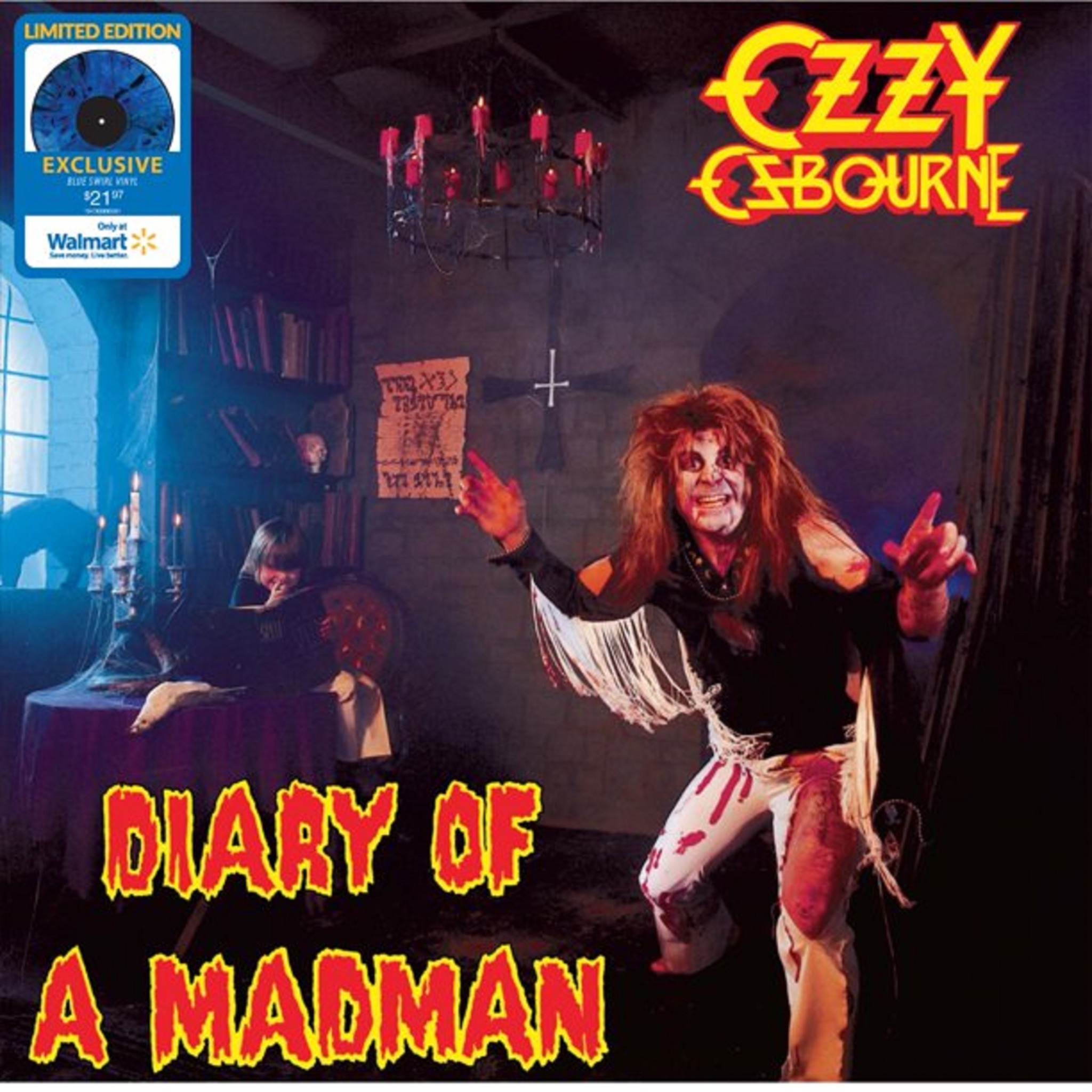
That thrill began in Birmingham’s industrial haze, where a gang of factory kids forged Black Sabbath’s apocalyptic blues. Ozzy’s eerie, insistent wail cut through Tony Iommi’s molten guitar like a warning siren—music that sounded dangerous yet comfortingly human. When the band fired him in 1979, most assumed the warning was over. Instead, he climbed aboard a “Crazy Train” with Randy Rhoads and proved reinvention could be louder than the past. From the neoclassical fire of “Mr. Crowley” to the mournful punch of “No More Tears,” Ozzy kept expanding the borders of heaviness, his grin—half angel, half imp—daring listeners to follow.
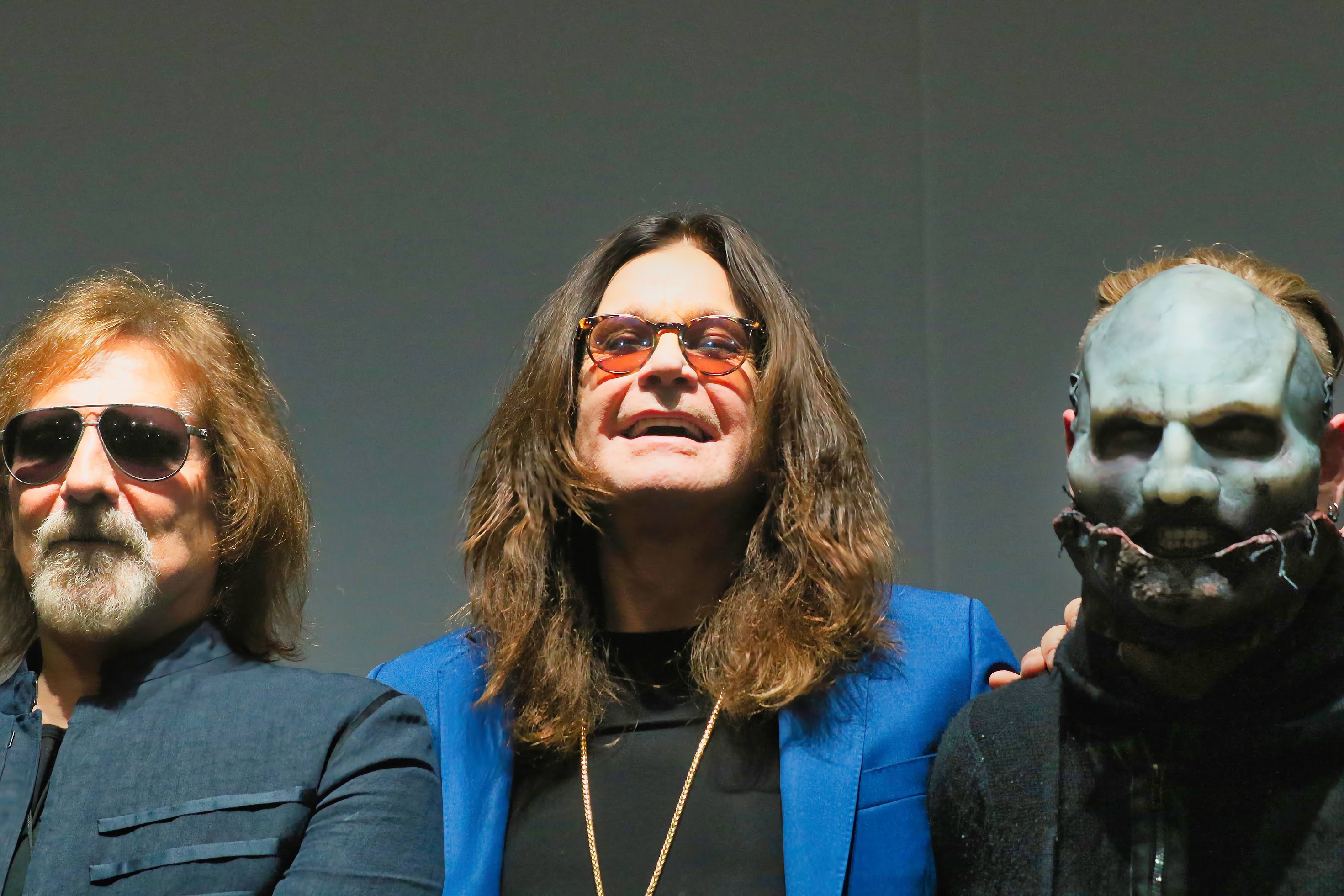
Years later, reality‑TV cameras wandered through the Osbourne home and revealed a tenderhearted dad muttering at remote controls, shepherding bewildered dogs, and leaning on Sharon—the force of nature who kept his life from flying off the rails. The Prince of Darkness turned out to be everyone’s slightly befuddled uncle, living proof that the scariest thing about metal might be how gentle its heroes really are. He poured that same generosity into Ozzfest, opening arena gates for a new wave of misfits who still cite him as mentor and gateway.
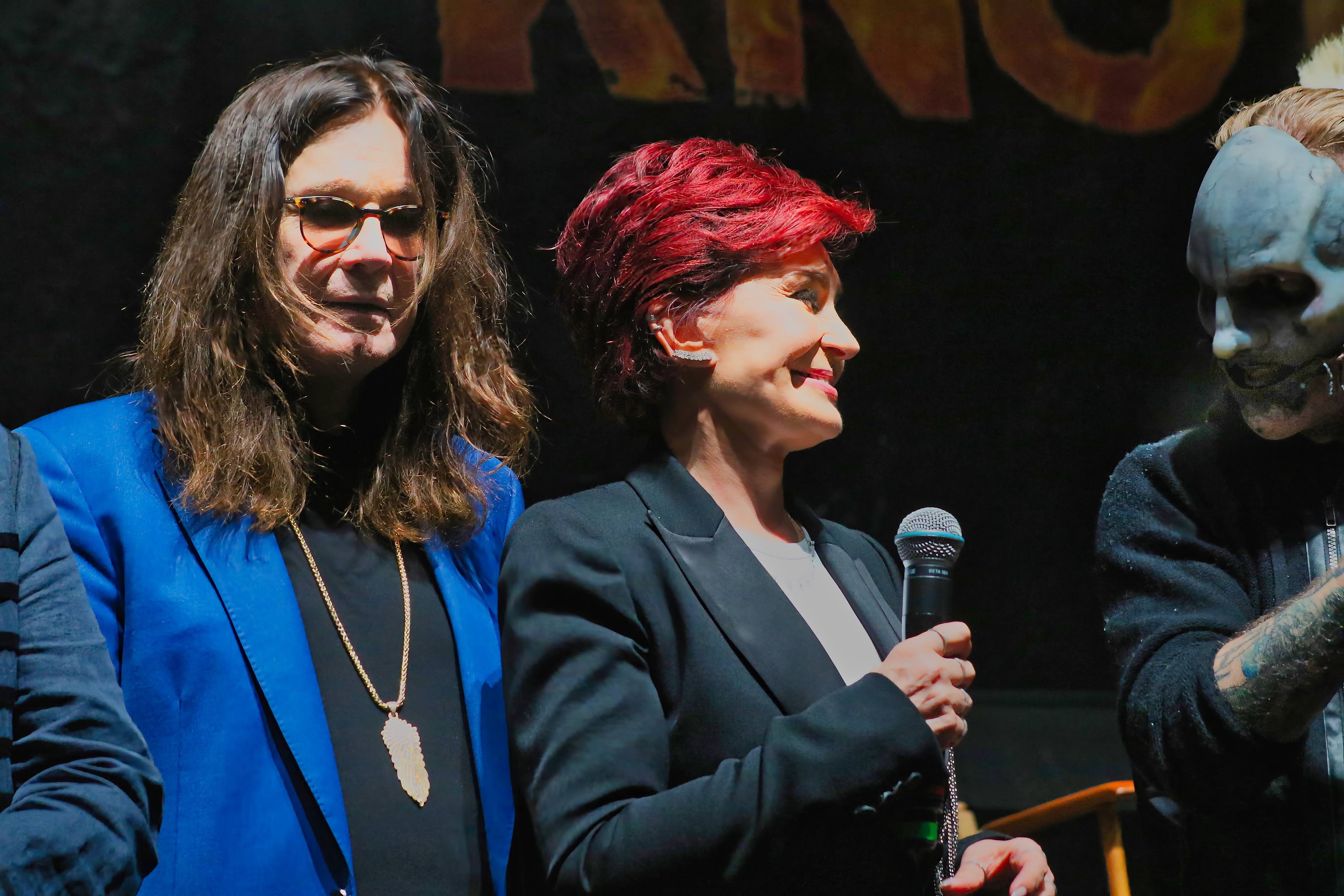
For all the tabloid theatrics—the misfired doves, the infamous bat, the Alamo detour—Ozzy’s greatest magic was turning outsiders into a tribe. Tonight, drop the needle on “War Pigs,” feel the room tilt, and remember the first time his howl made your heart race faster than recess. Ozzy Osbourne gave us that rush, and in doing so he taught generations that darkness can blaze bright enough to guide us home. Rest easy, Oz; the echoes will keep us company.





